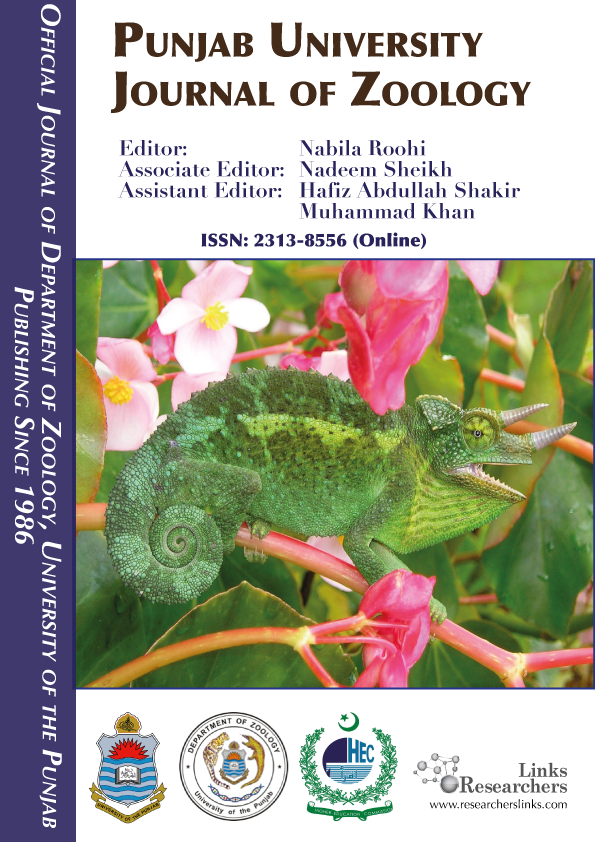Keeping in view the extensive pharmacological application of Pimpinella anisum (Anise) for treatment of various diseases, the study is designed to explore its acute and chronic toxicity. The dried fruits/seeds of P. anisum were powdered and its methanolic extract (with 19 % yield) was prepared by cold extraction technique. Acute toxicity studies were performed in female albino mice by administration of single oral doses (4, 5, 6, 7 and 8 g/Kg/po) respectively, to individual groups (n=5) and after that the behavioral changes were observed. To find the chronic toxicity, the animals were divided in three groups (n=6) which were orally administered with normal saline, P. anisum methanolic extract 400 mg/Kg, and 800 mg/Kg respectively for three months. The results of acute toxicity study represented the LD50, value as 4.1 g/Kg/po in albino mice and it was observed that the acute toxic doses produced behavioral changes like hyper-salivation, hyper-secretions, irritation, cyanosis and sedation in mice. Results of chronic toxicity indicated that plant extract did not affect the level of erythrocytes, leukocytes, thrombocytes, hemoglobin, hematocrit, creatinine and liver enzymes (SGOT, SGPT and TB) in mice. However, it significantly (P ≤ 0.05) increased the level of ALP in mice but on the other hand it lowered the blood glucose and cholesterol levels significantly along with increase in body weight of mice. It is concluded that P. anisum methanolic extract has a broad therapeutic index and does not produce considerable liver, kidney and blood toxicity. So, its use in therapeutic doses is considered safe for the treatment of different disorders. However, more scientific work is needed to explore its fetotoxicity and genotoxicity.
Novelty Statement | In this article, we contributed a new thing by providing scientific evidences regarding acute and chronic toxicity of Pimpinella anisum that P. anisum is free from the toxic. It can be used in food and medicines quite safely.








